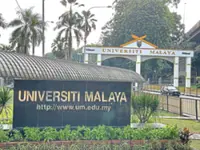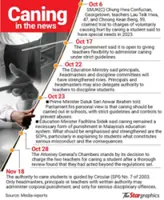Points to ponder: Prof Siti Hamisah (left) giving her views while Khairy (centre) and Shahril look on.
THE global digital marketing industry is said to be worth RM2.84tril.
Just last year, digital marketing accounted for 72% of total advertising revenue in Malaysia.





